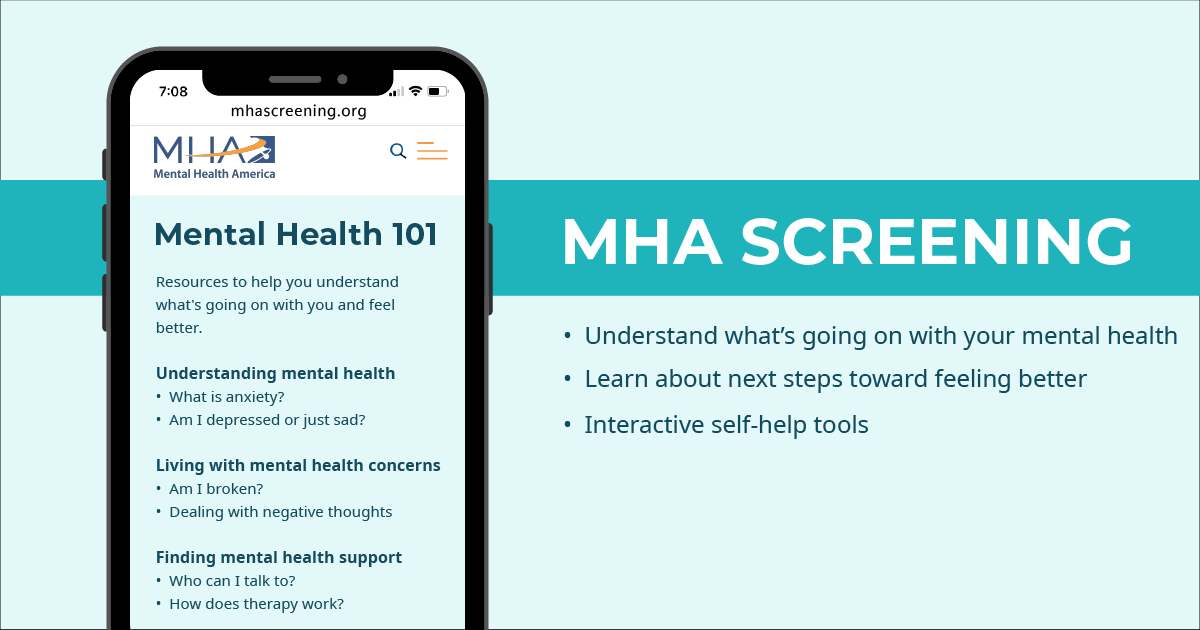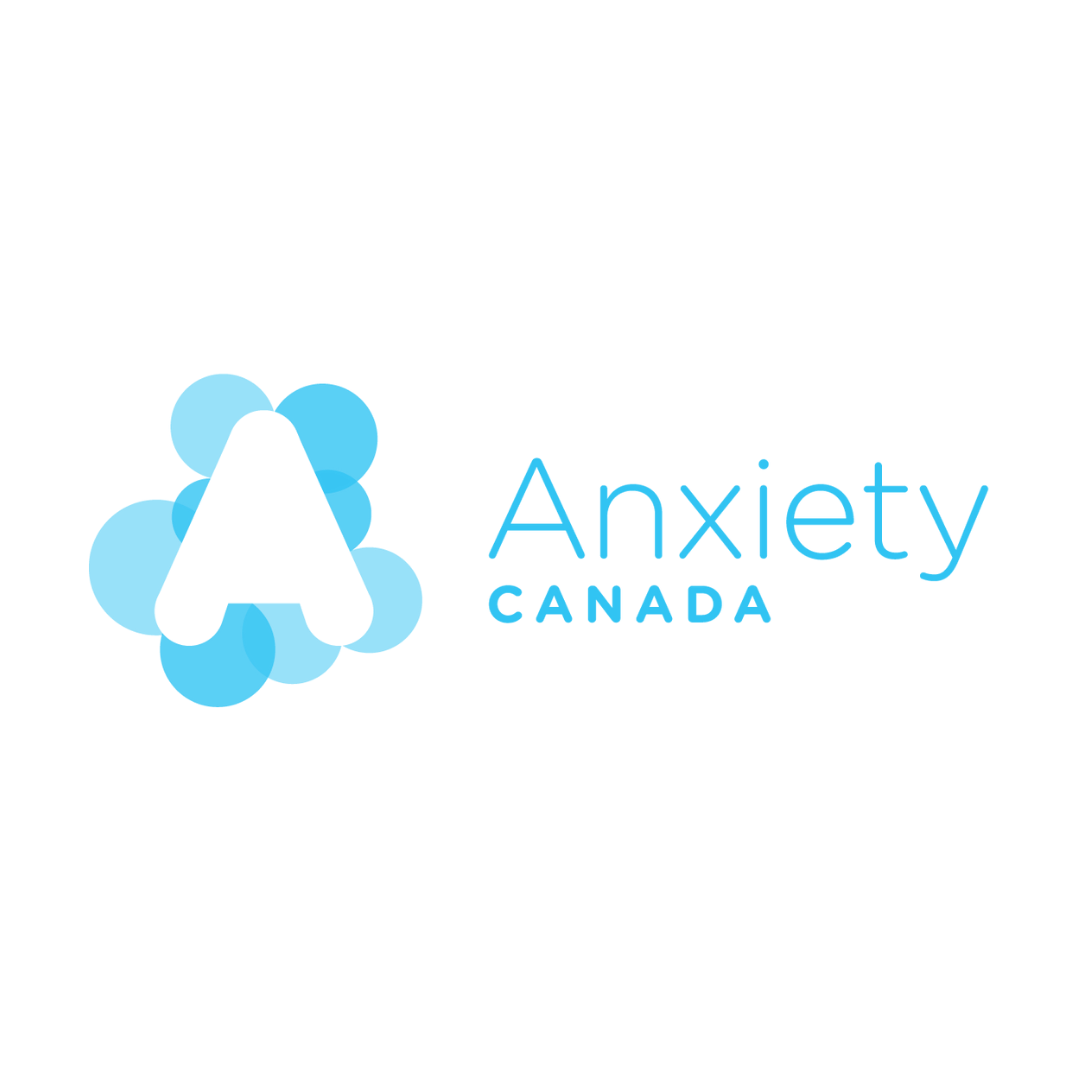gooblax
MVP
For some reason, even though I'd planned to let my psych pick one of the topics, it still felt bad when he went into a chosen topic at the start of the session rather than asking about my list (ie. before I told him he was able to pick a topic).
The topic he picked led to talking about how to set a boundary around my mum trying to pick out clothing for me. He makes it sound so simple but I tried it out last night and really didn't get far.
My mum sent me some ideas for something to wear to an event that's coming up if I still can / want to go to it. I tried to tell her that I'd be responsible for my clothing choices and it's not something she needs to concern herself with anymore. So then she was wanting me to send her photos of what I'm planning on wearing so that she can determine if it's acceptable. "You can wear something pretty and flowing... Don't wear a mens shirt" was the key message. 🙄
Maybe better to just not go to it.
(Of course I'm also back to thinking I don't deserve sessions as much as other people.)
The topic he picked led to talking about how to set a boundary around my mum trying to pick out clothing for me. He makes it sound so simple but I tried it out last night and really didn't get far.
My mum sent me some ideas for something to wear to an event that's coming up if I still can / want to go to it. I tried to tell her that I'd be responsible for my clothing choices and it's not something she needs to concern herself with anymore. So then she was wanting me to send her photos of what I'm planning on wearing so that she can determine if it's acceptable. "You can wear something pretty and flowing... Don't wear a mens shirt" was the key message. 🙄
Maybe better to just not go to it.
(Of course I'm also back to thinking I don't deserve sessions as much as other people.)








